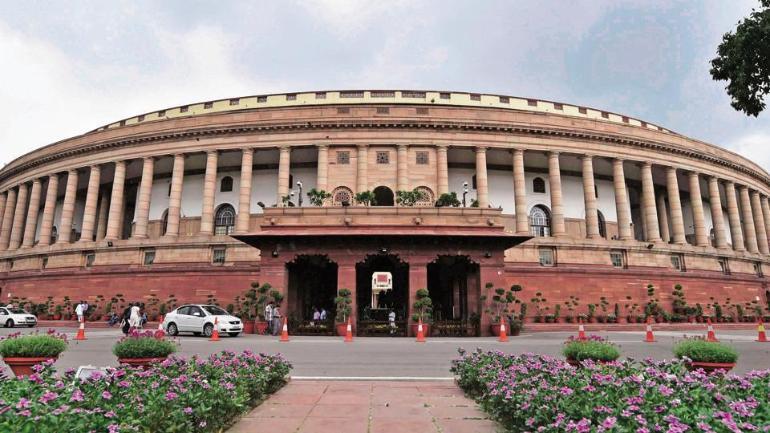News
Centre to reintroduce Motor vehicle bill in House
The Motor Vehicle (Amendment) Bill, 2017 aims to usher in reforms in the transport sector and would amend the Motor Vehicle Act, 1988.
The Centre plans to introduce a fresh draft of the Motor Vehicle (Amendment) Bill, which lapsed with the dissolution of the 16th Lok Sabha last month, in the upcoming session of Parliament, according to officials with knowledge of the development. The new draft is expected to address concerns over possible loss of revenue for Regional Transport Offices in the states as a result of a centralised system.
The Motor Vehicle (Amendment) Bill, 2017 aims to usher in reforms in the transport sector and would amend the Motor Vehicle Act, 1988. It was passed by the Lok Sabha in 2017, but failed to get the Rajya Sabha approval.
“We are preparing a new draft of the bill. There will not be any major changes apart from some restructuring...we will send it to the ministry of law for vetting followed by which it will go for Cabinet approval after that we plan to introduce it in the Lok Sabha session,” one of the officials, who is with the ministry of road transport and highways, said on the condition of anonymity.
The first session of the 17th Lok Sabha will begin from June 17 and will continue until July 26.
The bill, which seeks to amend the Motor Vehicles Act, 1988, was introduced by transport minister Nitin Gadkari in 2016 with the aim of making Indian roads safer in the aftermath of the death of former Union minister Gopinath Munde in a car crash in Delhi on June 3, 2014.
The draft bill had sparked nationwide strikes when it was introduced in 2016 as public transport organisations opposed certain provisions that seek to open up the public transport sector for the private players. Several states also raised objections alleging the bill aimed to centralise state-run transport systems, including licences issued by Region Transport Offices (RTOs) and national permits issued by states for commercial vehicles.
“There are 91 clauses in the bill and only a few clauses required clarification by the states. Clauses such as Section 66 — which involves interstate permits and a national scheme on transportation — states have issues regarding certain wordings which we will change...the government actually meant by centralisation was to create a central database. This will be clarified by the Centre that the revenue will remain with the states,” the official cited above said.
The Centre is also likely to remove a section pertaining to a centralised system of issuing national permits. “We are thinking of removing that bit from the bill and taking out a separate national permit policy for it and pass it as a regular notification under the Central Motor Vehicles Act,” a second official said.
The bill proposes the setting up of a National Road Safety Board. It also proposes increasing penalties for several offences, protection of Good Samaritans and a uniform licencing system.
The transport ministry has sought responses from various stakeholders to the bill. “We had a meeting with the ministry this week where we provided two important suggestions. We have to acknowledge the fact that the number of road deaths have increased since 2014 and we are sitting on a much bigger crisis. We had noticed that although the bill talks about road safety, it still continues to miss certain key elements, especially pertaining to those of vulnerable road users like children,” said Piyush Tewari, chief executive officer, Save Life Foundation, a non-governmental organisation.
The ministry was asked to introduce clauses such as “adult accountability” in the bill in a bid to enhance safety for children.
“The bill focuses on children who travel by school busses but they form a small percentage of children as compared to those who commute through other means of transport. Regardless of the mode of transport, the safety and the liability will lie with the adult travelling with them which is not the case right now. We have also asked the ministry to bring in a crash investigation process as it doesn’t happen properly in any part of the country. At present the practice is to merely build a case around the bigger vehicle which is involved. Hence streamlining and standardising of crash investigation is very important,” he added.
India is a signatory to the United Nation’s Brasilia Declaration with the target of reducing road fatalities by 50% by 2020.
